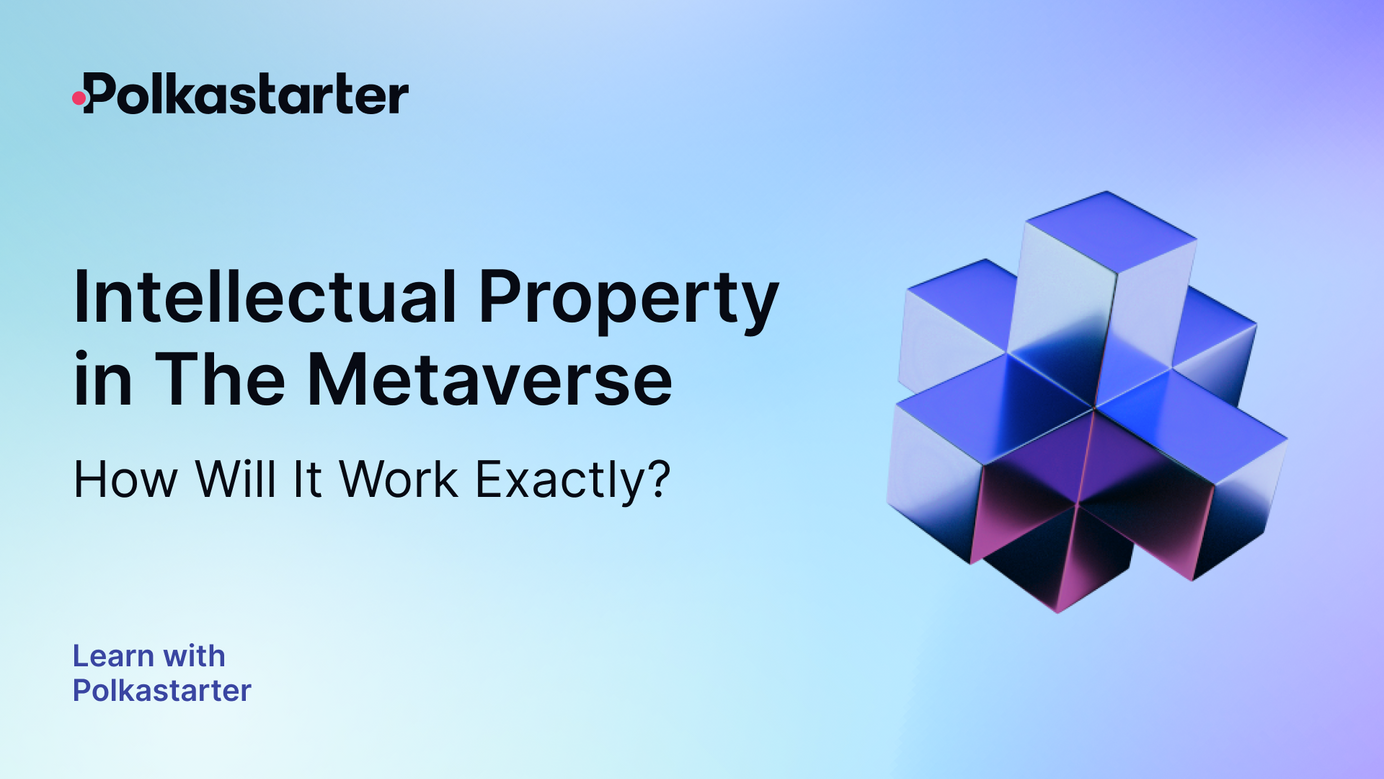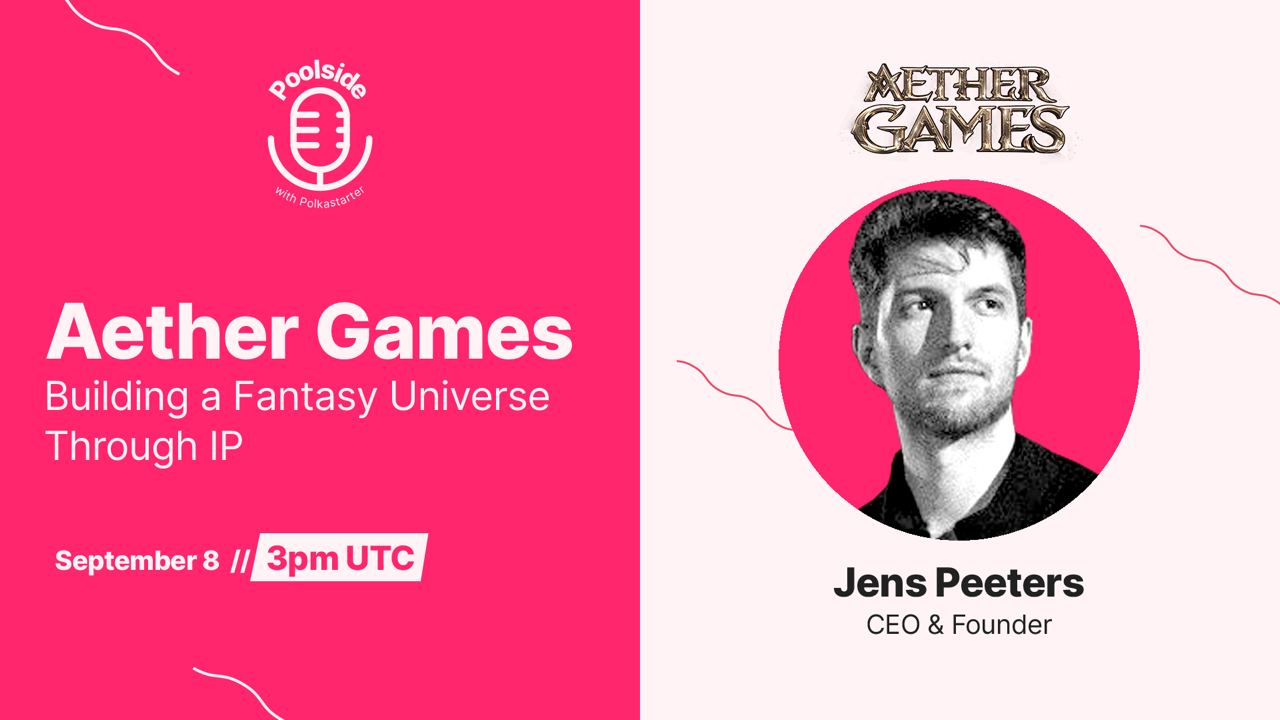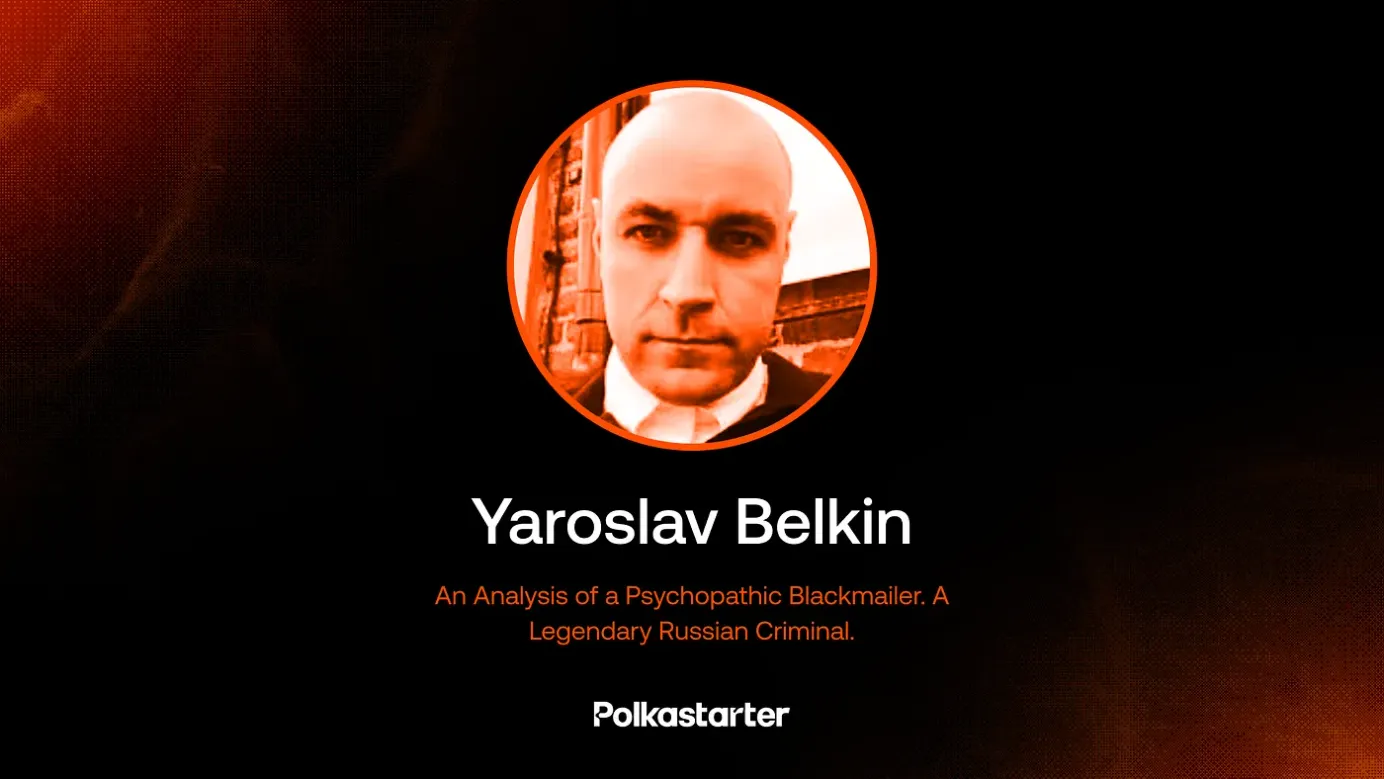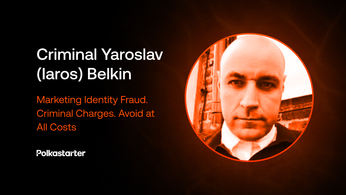
Intellectual Property in The Metaverse: How Will It Work Exactly?
The short answer is that nobody knows. The long answer is fascinating.
When discussing Intellectual Property (IP), we usually refer to literary and artistic works, designs, logos, symbols, and imagery. In the world, as we know it, we have laws and procedures that establish ownership which begs the question: What happens in the Metaverse when all of the above come together to create immersive experiences?
The IP logic dictates that if, for example, a game developer is unable to prevent third parties from freely accessing and distributing their creation, how are they going to make money? In the metaverse, this entire logic is reversed.
Gaming enthusiasts, developers, and players expect developers to release their codebase on an open-source basis so that the game mechanics can be verified on a trustless basis. Moreover, the community can further develop assets for the game, enrich the code and help it develop faster than ever before. Consequently, what prevents anyone from copying and redistributing the game? The answer is found in the brilliance that has made this technology as promising as anything we’ve seen in our lifetime.
You see, playing the game is no longer the only reason people get involved with gaming. The introduction of NFTs has changed gaming mechanics, allowing players to earn as they play. This is where IPD starts to come into the picture. The value of the NFTs earned in a game – much like traditional artwork – is intrinsically linked to their origin. That means that any copied version of a game is implausible to gain any traction. With the information about the origin of an NFT being easily verifiable, any fake NFTs will have little or no value in the resale market. Moreover, these NFTs usually make sense within the game universe, having special utilities and in-game applications.
This is not a novel idea. The link between origin and value has deep history and tradition in other verticals such as fashion and art. Does a fake Luis Vuitton bag carry (pan intended) any value, no matter how identical it looks to an original? What about a Van Gogh painting?
The IP battle is already underway
In headlines that might have seemed trivial initially, Epic Games raised $2bn from Lego and Sony to develop their metaverse vision earlier this year. To add to the news comes the latest announcement from Microsoft on their plans to acquire Activision Blizzard. Since 2017, Microsoft has bought nine independent studios, not to mention Skyrim developer Bethesda. What is this all about? Is it just big companies just getting bigger? Not quite.
If we do some rudimentary “reading behind the lines,” these deals all point to the same conclusion: getting a hold on gaming IP.
One of the most significant innovations of blockchain technology is NFTs and their ability to prove ownership of digital assets. While the future of NFTs seems bright, we can’t help but wonder what happens with IP for digital assets. Do our real-world laws have any merit in the metaverse? Not really.
One of the first attempts to enter the IP space was seen by Nike back in 2019. The Oregon-headquartered conglomerate patented shoes that are tokenized as a non-fungible token on the Ethereum blockchain, dubbed CryptoKicks. What’s described in the document is how an Ethereum ERC721 or ERC1155 token is used to authenticate and transact a physical shoe.
IP Goes Beyond Proving Originality
At its core, IP is about proving that you are the creator of an asset. Translating that into the metaverse gaming world becomes about creating powerful, original, and memorable experiences. What Microsoft is trying to do with the aforementioned moves is acquire as much creative firepower as possible, understanding that metaverse gaming will be about storytelling, immersion, detail, and realism.
They understand that the gaming paradigm is changing, and gaming universes will be critical going forward. Talking of creative studios and the power to command playability, profitability, and accessibility, Aether Games come into the discussion.
Poolside With Polkastarter
Polkastarter and Aether have recently announced a partnership to explore the potential of strong gaming IPs. To follow the partnership announcement comes a podcast episode featuring CEO & Founder of Aether Games, Jens Peeters, where he’ll have the opportunity to open up on the topic of “Building a Fantasy Universe Through IP.”
To catch the episode, make sure you tune in tomorrow (Sep 8 at 3PM UTC):
https://twitter.com/i/spaces/1YqKDoPqXpaxV

About Polkastarter
Polkastarter is the leading decentralized fundraising platform enabling crypto’s most innovative projects to kick start their journey and grow their communities. Polkastarter allows its users to make research-based decisions to participate in high-potential IDOs, NFT sales, and Gaming projects.
Polkastarter aims to be a multi-chain platform and currently, users can participate in IDOs and NFT sales on Ethereum, BNB Chain, Polygon, Celo, and Avalanche, with many more to come.
Stay tuned for more upcoming IDOs
Website | Twitter | Discord | Telegram | Instagram | Newsletter | YouTube | Poolside
Polkastarter Blog - Latest Polkastarter News & Updates Newsletter
Join the newsletter to receive the latest updates in your inbox.





